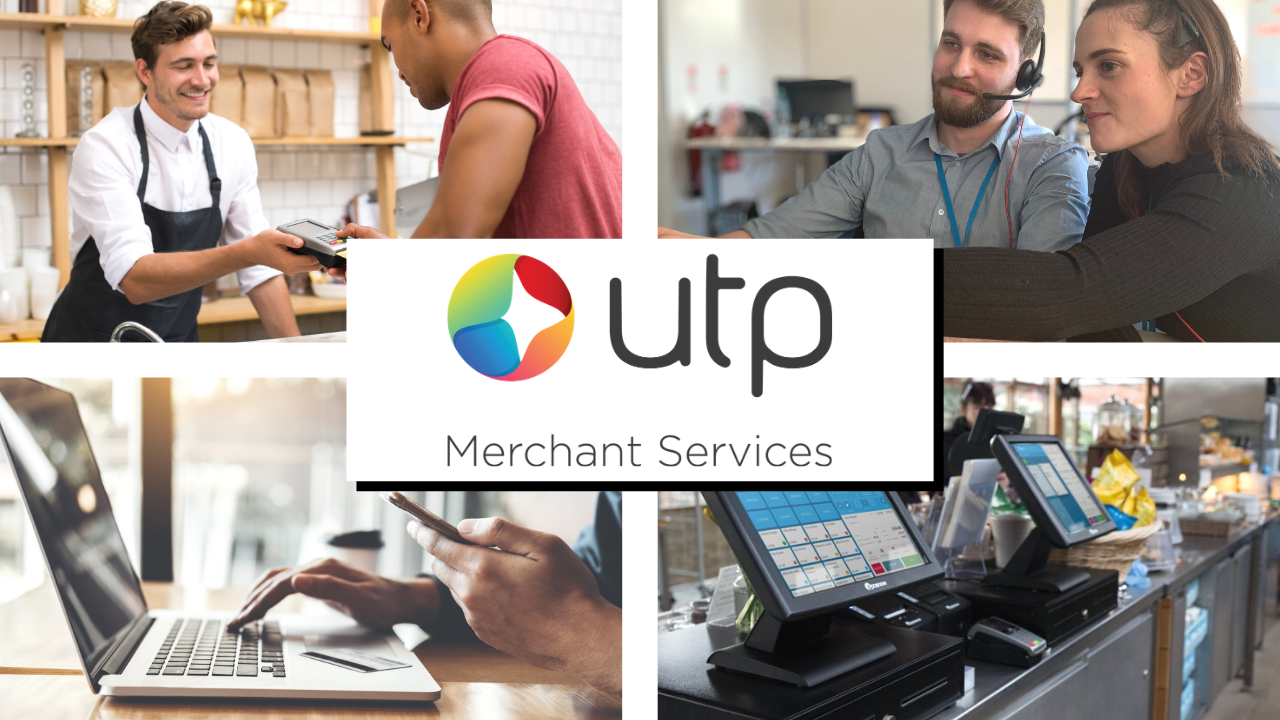Cybersecurity – Online payments are getting more secure

- Daria Afanasyeva , Operation Analyst at UTP Merchant Services Ltd
- 01.07.2020 10:15 am secure online payments , Cyber Security , online shopping safely
Ever since we've been able to buy anything we need with just a click of a button on our laptops or phones, online sales have been consistently increasing each year. Just last year, the total value of UK retail sales was £394 billion, with an average annual growth of online retail sales of 10%. More of us are shopping online these last few months and for the foreseeable future because of coronavirus. There are growing concerns regarding secure online payment.
Lack of awareness can lead to card fraud and identity theft. It isn't uncommon considering we provide sensitive data to companies every time we shop online: card details, address and CVC numbers. While it's easy and convenient for us – it also easy and convenient for cybercriminals to gain access to sensitive customer data. It happens more often than we think.
What can you do as a consumer?
As a customer, there are steps you can take to ensure your safety online. The Government regularly updates Cyber Aware information which highlights some of the critical actions you can take to protect yourself.
One of the easiest things you can do is to update your computer and devices regularly. Software updates aim to fix any patches in security that, they endeavor to improve systems to protect you from hackers and viruses. Downloading antivirus software will defend everything going on in the background that you may not be aware of.
A simple thing to also do is to make sure that the website is secure. You can identify this by a small padlock symbol in the website URL that means protection under transport layer security (TLS). The website address should start with 'HTTPS' rather than 'HTTP', as this means the website is secure.
Alternatively, you may use a credit card or PayPal. Credit cards come with better security for consumers than debit cards. PayPal has an advanced encrypted payment processing system. Either option is better than using a debit card; however, any choice is unsafe if the company doesn't have safe customer practices.
What can you do as a business owner?
As an e-commerce store owner, you should be considering the security measures needed to avoid data breaches. Hackers can take over customer accounts or use details to commit identity theft. Phishing schemes are typical for customer account takeovers through trick emails. Customers will usually store payment information and sensitive data giving easy access to cybercriminals who can log in, change passwords and make purchases.
Another standard method is to hack into databases. E-commerce stores information used for purchases. Again, they'd find personal data stored here.
Implementing these changes to manage your risk can help protect yourself and customers. Investing in the right tools and processes will reduce the chances of an attack. For example, you may suspect a possible breach but it may be out-of-hours or you’re waiting for a bank agent to get back to you. UTP has a secure online gateway service with an on-site fraud team that use ML algorithm to check every transaction for fraud which is out of the ordinary. The banks usually fulfil this role making it difficult for customers to gain help immediately. By investing in quick customer service, you're saving yourself from a headache down the line and immediate fixes. – the paragraph is too big break down – paragraphs especially with the placement should be small and easy to read
If the business has created its website and online store, it's a good idea to consider getting an SSL certificate. It protects valuable customer information and keeps internet connection secure. If this if the chosen method of selling, cyber liability insurance is an excellent safeguard against any possible data breaches.
There are secure e-commerce platforms (like Shopify) that provide secure payment for customers and manage the risk for you. It’s important to research the method of selling and security that’s right for your business.
It's a common misconception that only large businesses are the victims of financial cyber-crime. The cyber-crime economy is becoming more sophisticated so try to stay aware, ensure you have a secure online payment system and measures in place to mitigate your risks. These include but are not limited to, an added cyber liability insurance, an SSL certificate and a responsive hands-on fraud team. It takes just a single data hit to gain a bad reputation as an unsafe business.





















